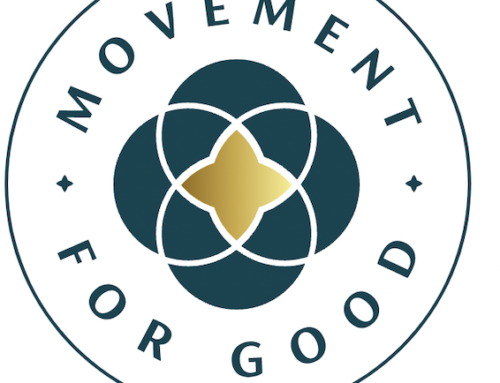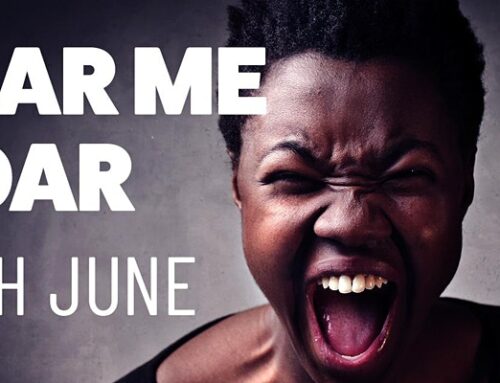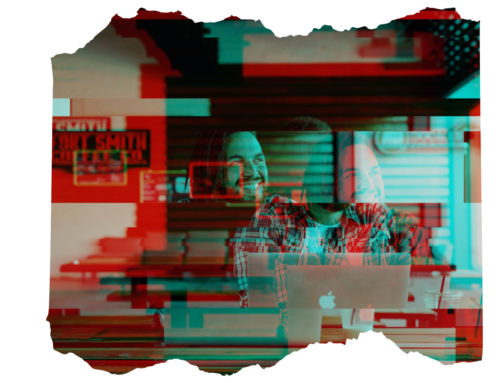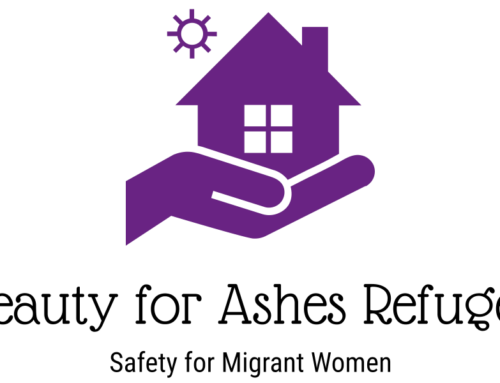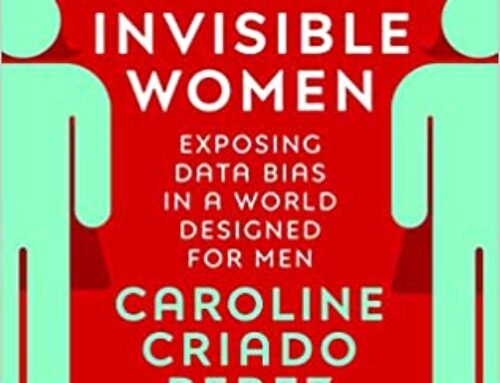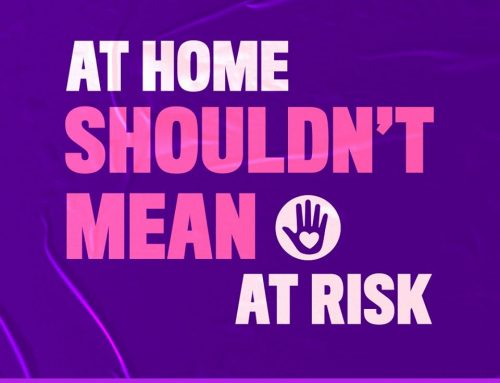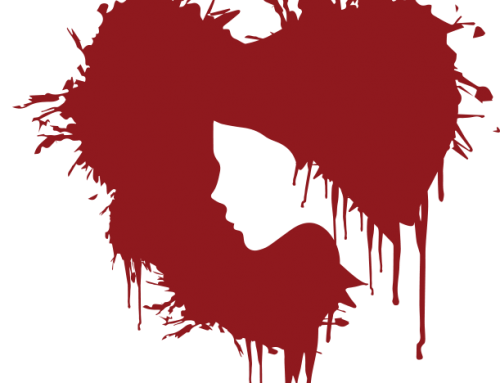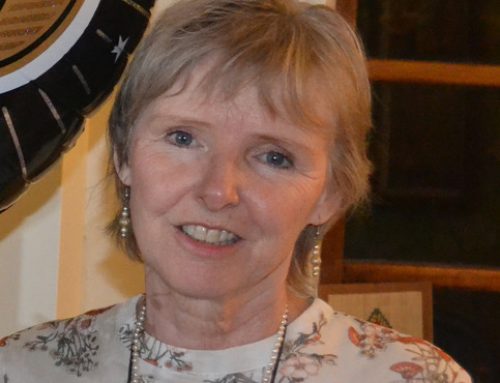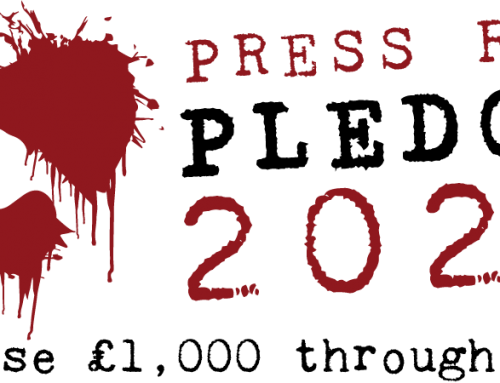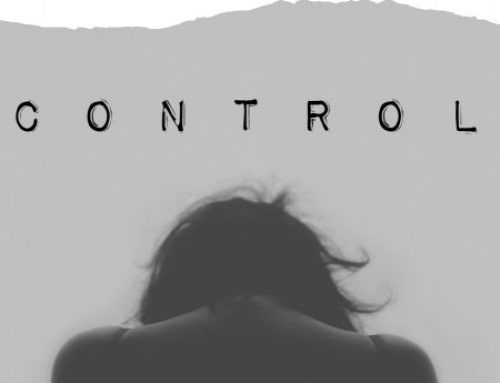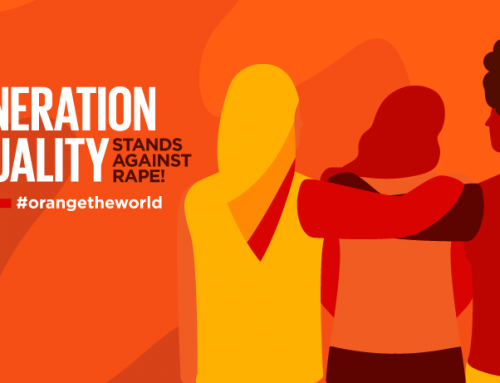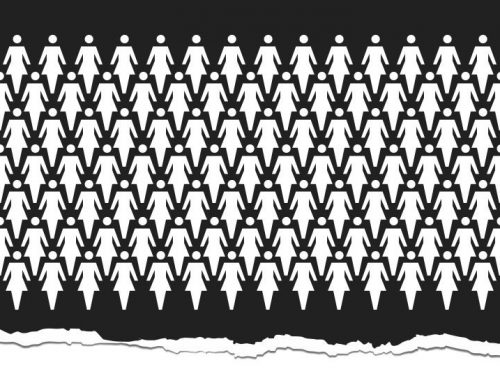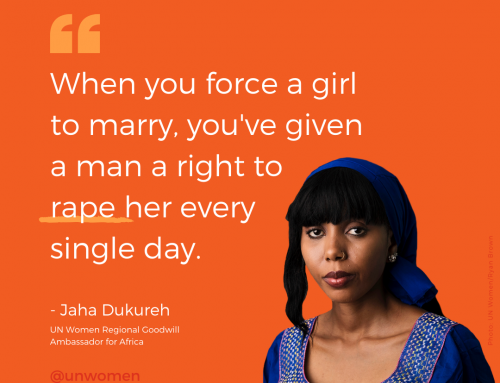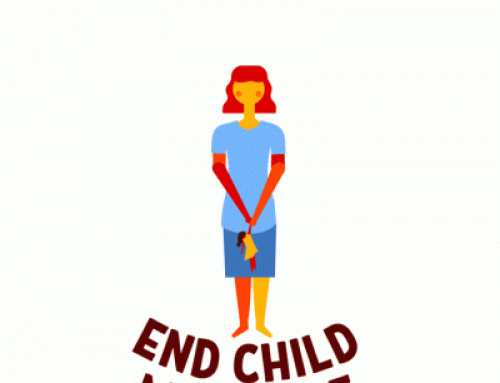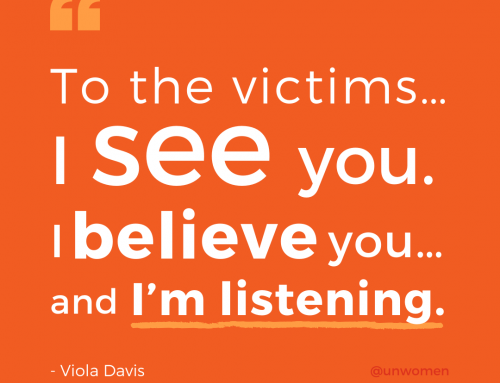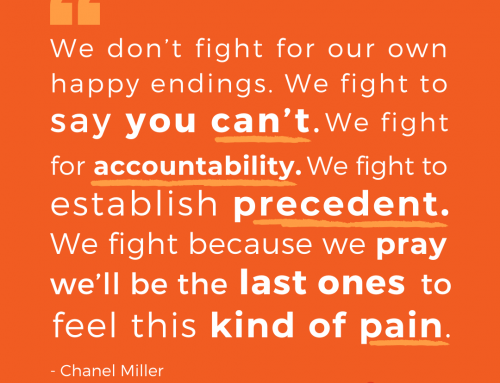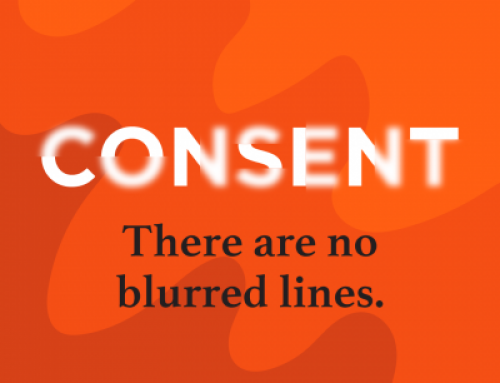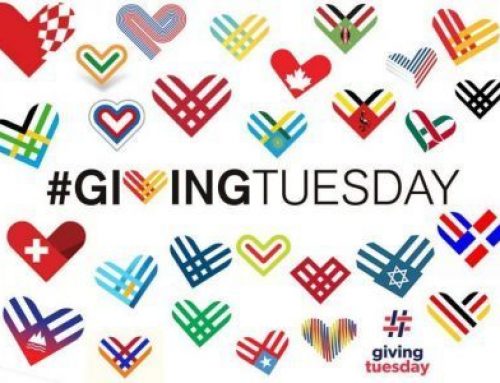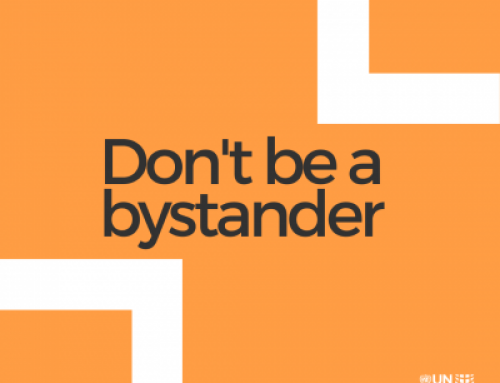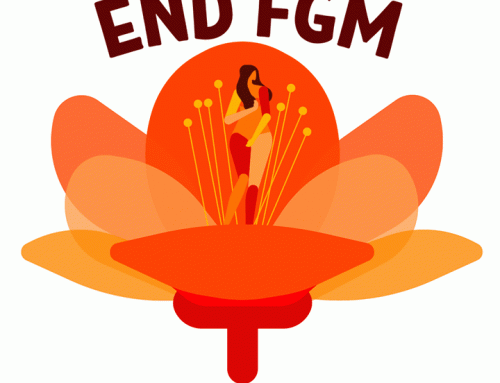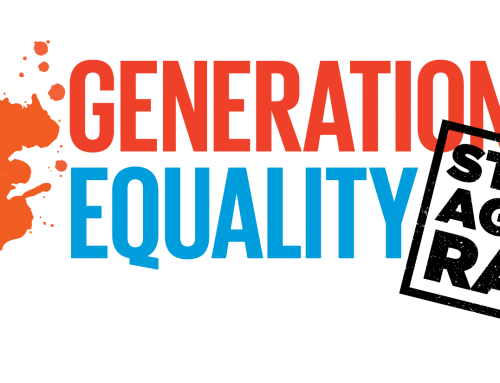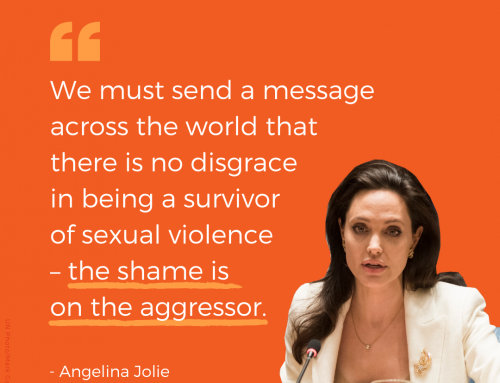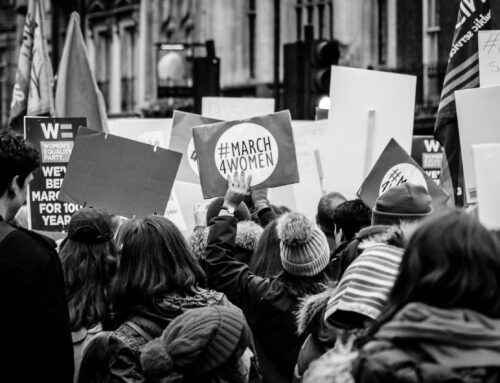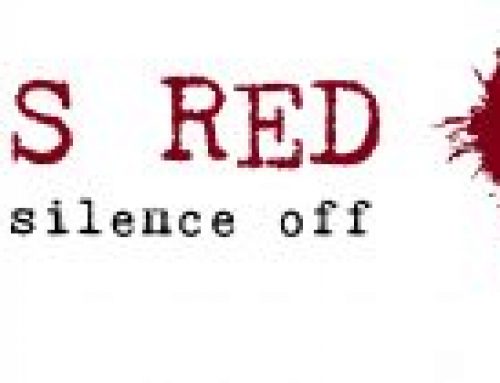End Human Trafficking
By Ruth Akinradewo
The United Nations defines human trafficking as:
“The recruitment, transportation, transfer, harbouring or receipt of persons, by means of the threat or use of force or other forms of coercion, of abduction, of fraud, of deception, of the abuse of power or of a position of vulnerability or of the giving or receiving of payments or benefits to achieve the consent of a person having control over another person, for the purpose of exploitation.”
As the above description exemplifies, human trafficking is frighteningly diverse in its forms. It includes sexual exploitation, forced labour, domestic servitude, and even organ harvesting, to name a few disturbing examples.
Approximately 40.3 million people around the world trapped in what can otherwise be termed modern-day slavery. 71% of these are women and girls. The proliferation of this exploitation is made possible by the scheming of corrupt career criminals, who are skilled at manipulating their victims and lure them through false promises of a better life. There are evident parallels between this and the topic which we explored yesterday, grooming. The typical victim of trafficking has an impoverished background, and with little to call her own, can easily be persuaded to follow someone that pledges to set her in a position of security.
Once the initial ploy of psychological entrapment is used, the trafficker typically confiscates the victim’s passport and gains control of her movement, as well as her identity. Debt bondage often follows, whereby the woman or girl is told that she must “earn her freedom back.” Abusers use this as a line to demand services and labour from those they hold captive.
The UN reports that of all figures on human trafficking, sexual exploitation is the most common crime, at 79%. It is also the type most tightly tied to the female. Women and girls are especially at risk of being sold into prostitution, exploited for pornography, or forced into marriage.
The International Justice Mission highlights that once trafficked; victims live under the constant threat of violence from their traffickers. They are often shared around for serial rape by pimps, recruiters, and customers.
Although over 90% of the world’s nations have criminalised human trafficking, this legislation does not cover all forms of trafficking and their victims, meaning that the conviction rate remains extremely low. Perpetrators know they are unlikely to face any serious repercussions for sexually profiting from the vulnerable. Consequently, countries like Thailand, Costa Rica, the Dominican Republic, and Senegal continue to be famous “sex tourism” destinations for those travelling abroad in search of quick sexual gratification.
There is no denying that there is a crucial racial component to human trafficking. Due to the economic imbalance caused by catastrophic foreign policies, wars, and national disasters, nationals from certain countries are much more likely than others to find themselves entwined in the ugly web of modern-day slavery.
It is selfish and ignorant to presume that, because trafficking is not as visible here in the UK as it is in other countries, it is not our problem. After all, traders in sex tourism are, very often, privileged individuals from the West who see it fit to profiteer off the bodies of those historically depicted as racially inferior to them. Similarly, those transported onto British soil for exploitation, are undeniably used by their British “clients.” Moreover, contrary to common perception, human trafficking is not always a transnational crime. A report in January (2019) revealed that for the first time, Brit-on-Brit trafficking is more common than trafficking committed against Albanian, Vietnamese, Romanian, and Chinese nationals.
Human dignity has no colour. Therefore, our attitude to whoever is being used and abused should not waver according to colour.
Domestic servitude is another form of human trafficking that enslaves females in particular, with 80% of women and girls affected.
From a glance, it appears as though the victims are doing the work of a typical informal domestic helper – however, the reality is unsettling. In these cases, employers ban their workers from leaving the house, refuse to pay them, use violence, withhold their identity documents, and limit their contact with the family.
Another disturbing category of human trafficking is that of organ removal. Deborah Meroff, in her book SOS: Save Our Sisters, draws attention to the reality of the troubling practice through which ‘homeless people have been targeted for the forcible removal of organs and left for dead.’ Kidneys, livers, lungs, hearts, and livers commonly stolen for transplants. As the demand for these organs outweighs the supply, traffickers extract the organs – the World Health Organisation estimates some 7,000 kidneys are illegally obtained every year this way – for profit.
It is time to sound the alarm on this injustice.
It is time to end human trafficking.


